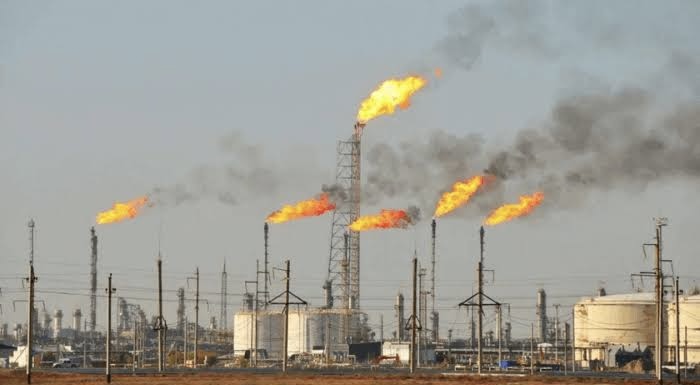Nigeria now requires oil licence applicants to prove low-carbon strategies and renewable energy plans, aligning its oil sector with 2060 net-zero goals.
Full enforcement begins January 1, 2025.

Nigeria is taking a bold step to align its oil industry with global climate goals.
From Wednesday, the Nigerian Upstream Petroleum Regulatory Commission (NUPRC) will require oil licence applicants to prove low carbon emissions and outline renewable energy programmes before approvals are granted.
To clarify, the commission’s chief executive, Gbenga Komolafe, stated that this policy supports Nigeria’s commitment to achieving net zero carbon emissions by 2060.
Furthermore, the NUPRC has issued the Upstream Petroleum Decarbonisation Template (UPDT) to guide applicants in meeting these requirements.
Moving forward, enforcement of these rules will begin on January 1, 2025 and will apply to all upstream sector approvals, including divestments.
Read Also: Telecom Operators Plan New Year Gift For Nigerians
Consequently, the government aims to align the petroleum industry with both national and international climate priorities while ensuring energy security and economic growth.
In addition, operators must implement methane management programmes, such as leak detection and repair systems.
Moreover, they need to optimise operations with energy-efficient technologies and incorporate renewable energy sources into their projects.
Ultimately, by introducing these measures, Nigeria is demonstrating its commitment to a greener future.
This policy not only addresses environmental concerns but also ensures the country continues to benefit sustainably from its oil and gas resources.

